Beating the Summer Slump with Digital Play!
Summer is a welcome break from the rigor of school for most kids. They might busy themselves with summer camps, vacations, adventures, free play, and time with family and friends. […]
Self-Awareness is the thinking skill that focuses on a child’s ability to accurately judge their own performance and behavior and to respond appropriately to different social situations.
Self-Awareness helps an individual to tune into their feelings, as well as to the behaviors and feelings of others. For example, a child successfully uses self-awareness skills when they notice they are talking too loudly in a library where other children are trying to work, and then adjusts the volume or their voice to a more considerate level.
Video games allow kids to practice their Self-Awareness skills while in the midst of a fun and immersive gaming experience. Many games require that players “think about their thinking” in the game in order to overcome challenges, and multi-player games require interpersonal cooperation and understanding of one’s teammates’ intentions.
Watch the video to learn more about how video games can help your child improve their Self-Awareness thinking skill.
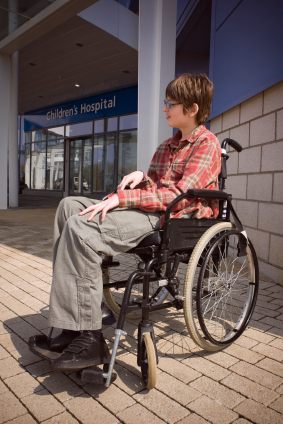
Self-Awareness is vital both to a child’s academic success as well as their social and emotional growth. This thinking skill facilitates a child’s ability to accurately judge their own performance and behavior, as well as their ability to appropriately respond to different social situations.
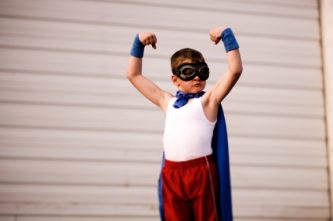 Improve Self-Awareness
Improve Self-AwarenessThese are some general strategies and ideas for helping kids to improve their Self-Awareness skills.
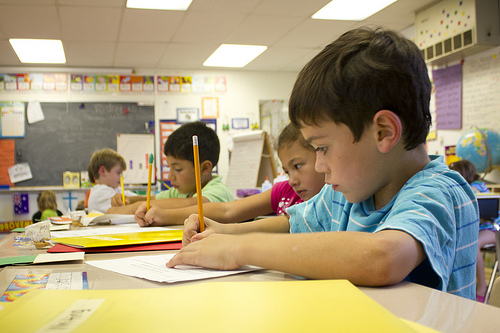
There is convincing research demonstrating how early training in thinking, executive, and learning skills improves long-term academic performance. The choice to teach thinking skills rather than academics to kindergarteners results in improved performance in mathematics and reading for middle school students and beyond. In other words, for children to grow up to become accomplished readers and mathematicians, more time should be spent teaching thinking skills to kindergarteners and first graders.
Self-awareness is an important skill in the capacity to assess one’s academic performance. Carefully checking over one’s work in math, taking the time to see that you have spelled words correctly while writing, and stepping back to make connections and inferences about what one has read are all important skills, particularly at higher levels of learning. Metacognition facilitates reflecting about what one has learned, and not simply memorizing a series of facts.
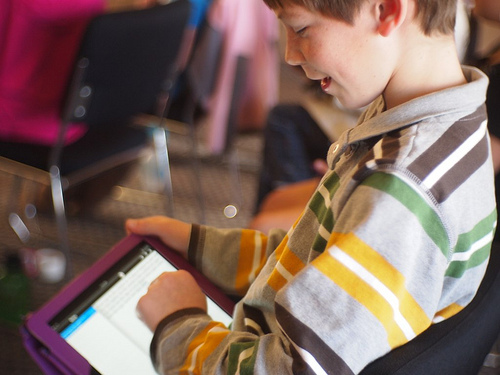
Playing video games, searching the Internet, trying out the newest app, or Facebooking a friend demands a variety of thinking skills. Proficiency with any of these digital tools requires the ability to apply skills such as Planning, Organization, Working Memory, or Self-Awareness. For children, the attraction of video games and technologies makes them an ideal teaching tool for practicing game-based skills and learning to apply them to school and daily activities.
Self-Awareness is a frequently applied thinking skill for video game players who are looking to improve their performance or simply share their game passions with other players. Players will often ask each other questions, explain their approaches to difficult parts of the game, and reflect on new ways they can use their digital technologies to help them in real-world activities.
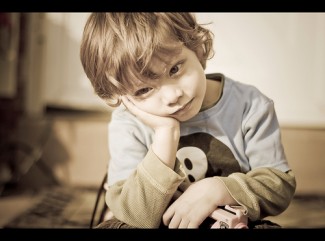 The thinking skill of self-awareness is associated primarily with Dawson and Guare’s executive skill of metacognition. In the LearningWorks for Kids thinking-skills model, we have added the component of social thinking, which reflects an individual’s capacity for understanding others’ feelings and motivations. This is consistent with newer theories of executive functioning, particularly those by Russell Barkley, in which the social component of executive skills is highly valued.
The thinking skill of self-awareness is associated primarily with Dawson and Guare’s executive skill of metacognition. In the LearningWorks for Kids thinking-skills model, we have added the component of social thinking, which reflects an individual’s capacity for understanding others’ feelings and motivations. This is consistent with newer theories of executive functioning, particularly those by Russell Barkley, in which the social component of executive skills is highly valued.
As an executive function, self-awareness refers to the capacity to understand the impact of one’s behavior on others, as well as the capacity to connect and empathize with individuals in their environments. Self-awareness helps children to be reflective and think about their actions and behavior, as well as to step back and consider what others in their environment are experiencing. Self-awareness facilitates the capacity to learn from one’s mistakes, accept criticism, and listen to and understand the feelings of others.
Assessing the executive function of self-awareness in children involves seeing how effectively they understand themselves and others. The Learning-Works for Kids Thinking Skills Assessment is based on the Executive Skills Questionnaire, which measures self-awareness primarily by children’s capacity to explain the rationale for their decision making, accurately assess their performance, and their capacity to take on other people’s perspectives.
Summer is a welcome break from the rigor of school for most kids. They might busy themselves with summer camps, vacations, adventures, free play, and time with family and friends. […]
The Legend of Zelda: Tears of the Kingdom, the latest installment of the famed adventure game franchise, is set to be released on Friday, May 12, 2023. At LearningWorks […]
Executive functions are the chief operating skills based in our brain that are crucial for goal-oriented behavior. These functions include self awareness, attention, organization, planning, working memory, and flexibility. Every […]
Comments are closed.
All membership plans come with full access to our entire suite of tools learning guides, and resources. Here are a few of the ones we think you’ll like the most:
Do you know where we can find copies of This Marvelous Me Award workbook for children for self-esteem?
The drawbacks from kids playing virtual-reality based games and engaging socially on the internet totally outweigh the advantages mentioned in this video.
It may apply to children with serious social problems who do not connect at all with others, but I would strongly not recommend this advice for highly functioning kids. They have to get out there and interact with people in the real world for the brain to receive a complete set of inputs and not suffer the stress of a computer-based environment.
The best stimuli is natural stimuli. When these children with executive dysfunction have that opportunity to get out as opposed to being in front of a computer screen, the catalyst is natural. This is where the right stimuli is received and the child is able to build on what is supposed to be a lifelong social curriculum.
Interesting article. I am all for self-awareness for children. However, I am a bit wary about video games all together. Of course not all video games are created equal, anyway it is something to consider Video games as a tool to develop self-awareness